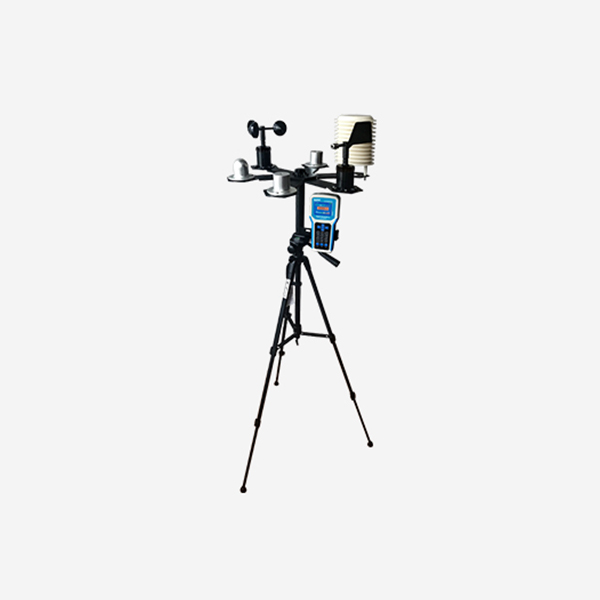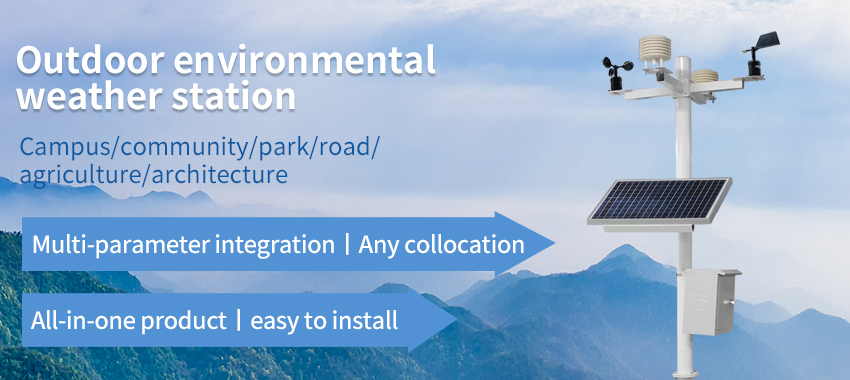weather monitoring system

Weather monitoring systems are a key tool in measuring and forecasting weather patterns. These systems use a variety of sensors and technology to collect and store data on a range of weather-related variables, including temperature, humidity, wind speed and direction, precipitation, air pressure, and more. This data can then be analyzed to help predict future weather patterns and identify potential risks.
Modern weather monitoring systems often rely on a combination of ground-based and satellite-based sensors. These sensors can be located in a variety of locations, including airports, weather stations, and even individual homes. Some sensors are designed to be mobile, such as those used on weather balloons or drones.
The role of weather monitoring systems
One of the most important aspects of weather monitoring systems is their ability to collect large amounts of data quickly and accurately. Many modern systems rely on automated data collection processes, which can collect data on a variety of weather variables at regular intervals. This helps ensure that the data is both accurate and up-to-date, which is essential for accurate weather forecasting.

Weather monitoring systems can also be used to track specific weather events, such as hurricanes, tornadoes, and severe thunderstorms. This allows meteorologists and emergency management professionals to provide timely warnings and guidance to residents in affected areas.
Weather monitoring systems are critical for a wide range of industries, including agriculture, aviation, transportation, and more. These systems provide valuable information that can help optimize operations, reduce risk, and ensure safety.
The application of weather monitoring system
One example of the use of weather monitoring systems is in the agricultural industry. Farmers rely heavily on weather forecasts to make decisions on when to plant and harvest crops, as well as when to apply fertilizers and pesticides. By using weather monitoring systems, farmers can collect data on temperature, precipitation, and other variables to help make informed decisions that can lead to higher yields and better quality crops.
Weather monitoring systems are also essential for aviation. Pilots rely heavily on weather forecasts to plan routes and make decisions on when to take off and land. By using weather monitoring systems, air traffic controllers and pilots can track weather patterns and adjust flight plans accordingly to ensure safety.
The transportation industry also relies on weather monitoring systems to ensure safe and efficient travel. By using real-time weather data, transportation companies can make informed decisions about when to reroute shipments and adjust schedules to avoid potential risks.
In conclusion, weather monitoring systems are a critical tool for measuring, analyzing, and predicting weather patterns. They provide valuable information that is essential for a wide range of industries, and help ensure that operations are optimized, risks are reduced, and safety is maintained. With continued advancements in technology, weather monitoring systems will only become more accurate and efficient, helping to keep people and businesses safe and protected.